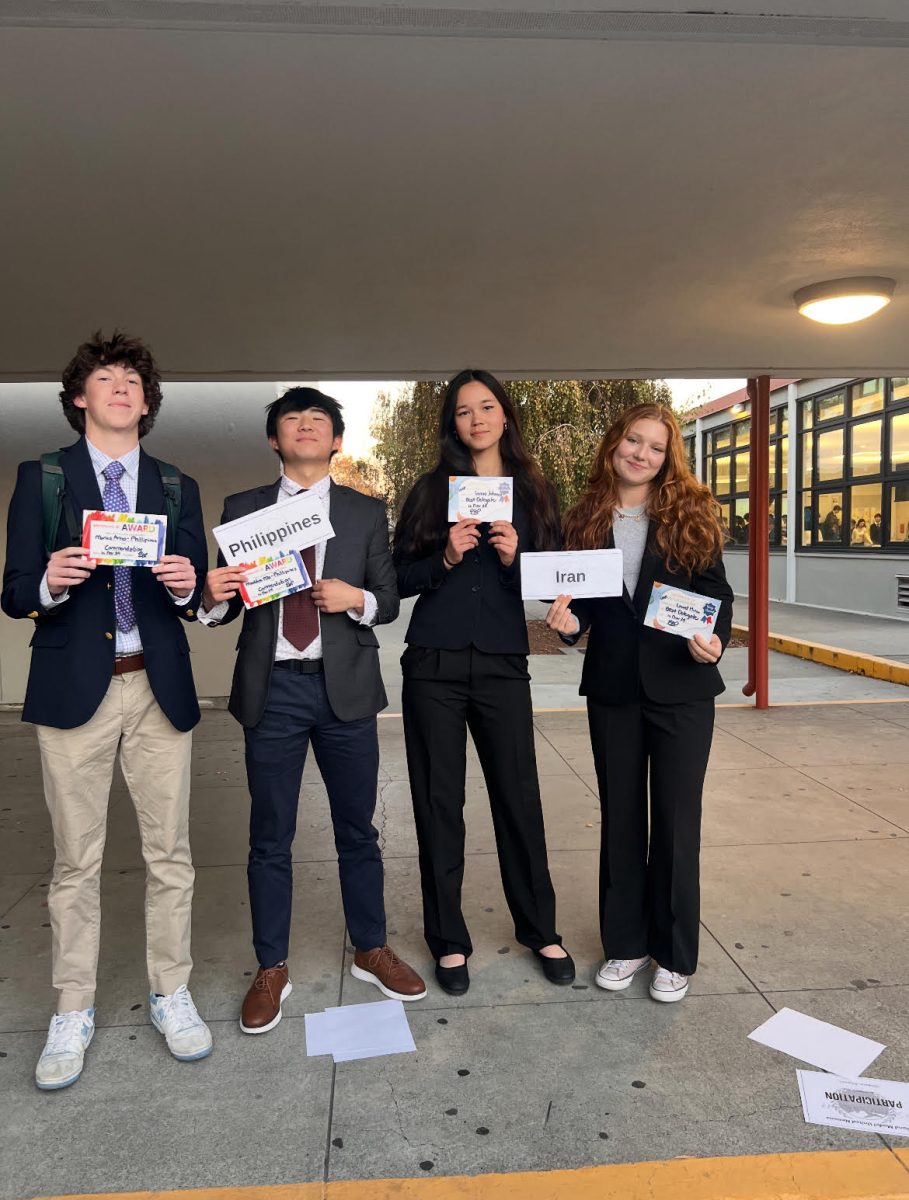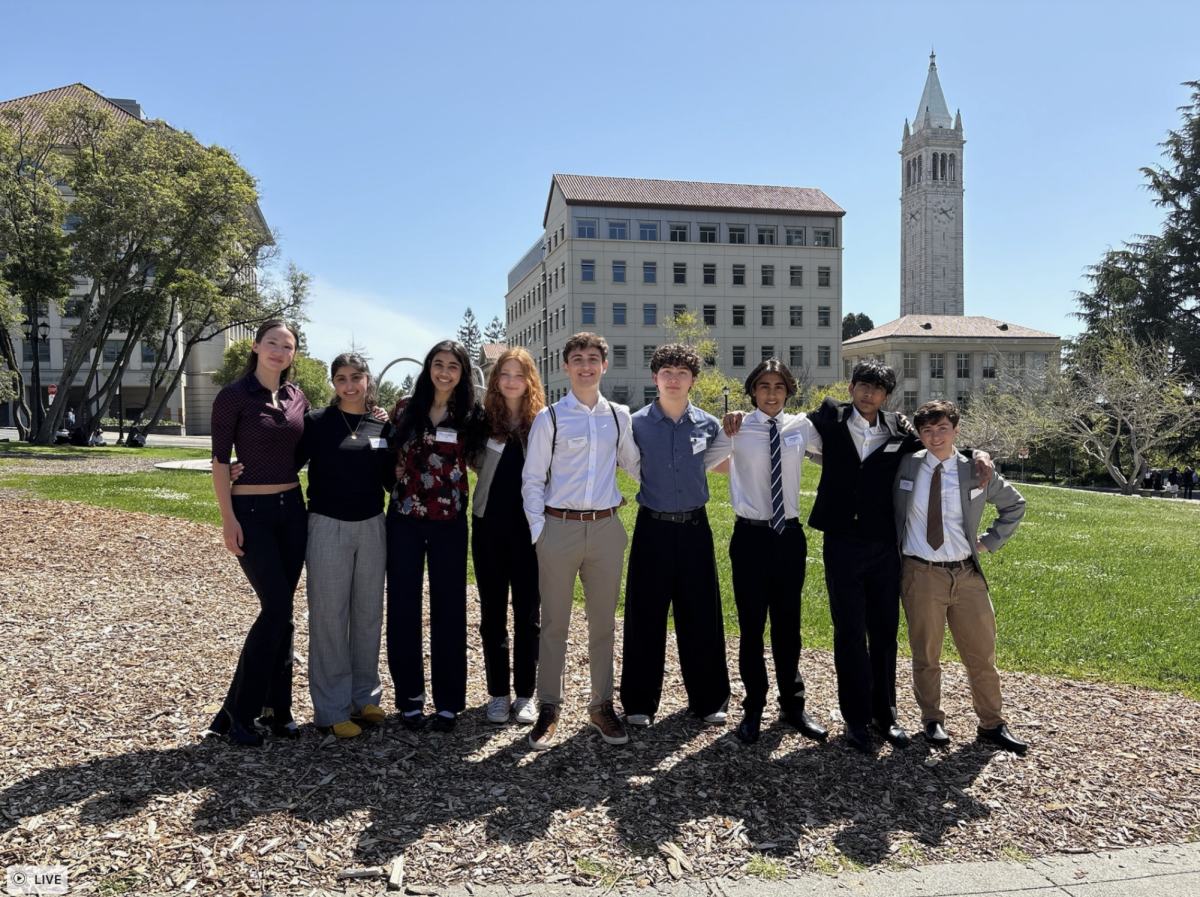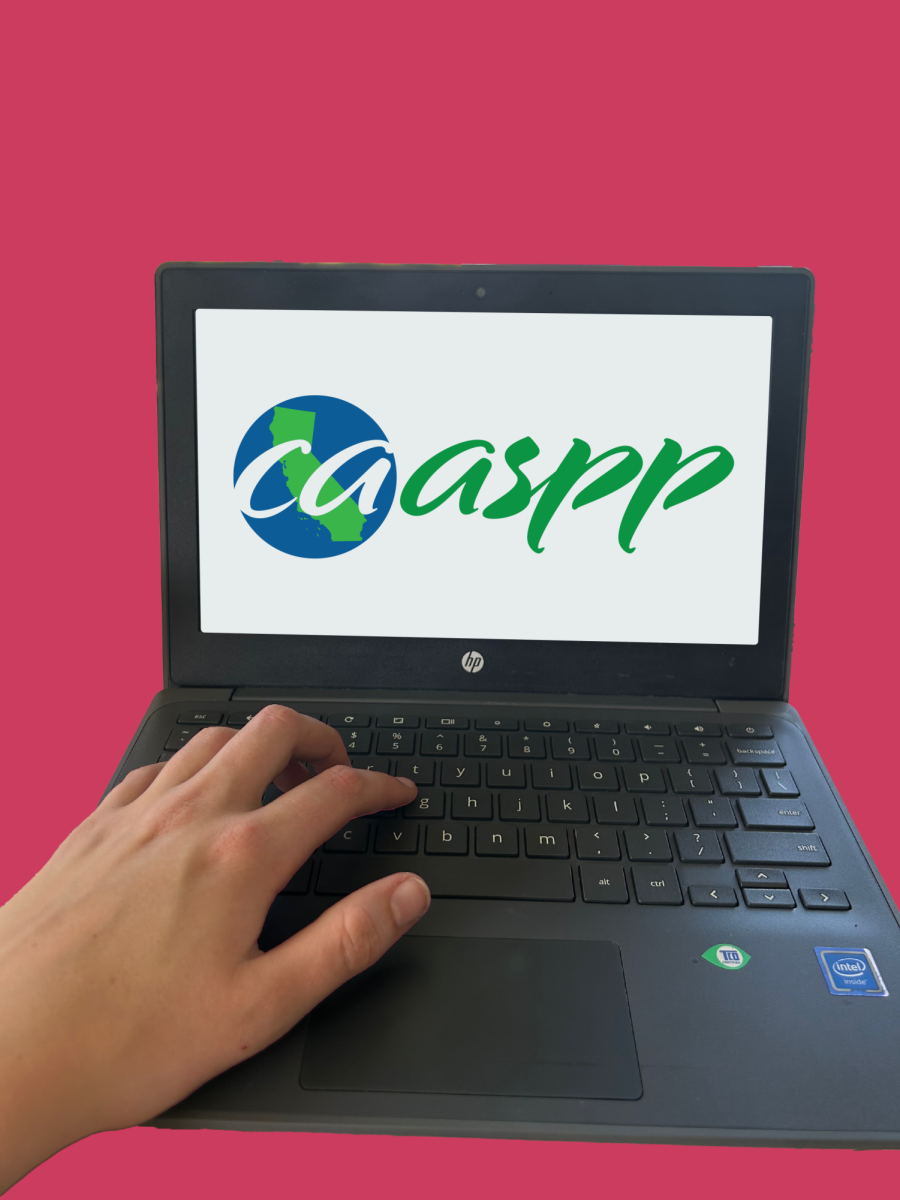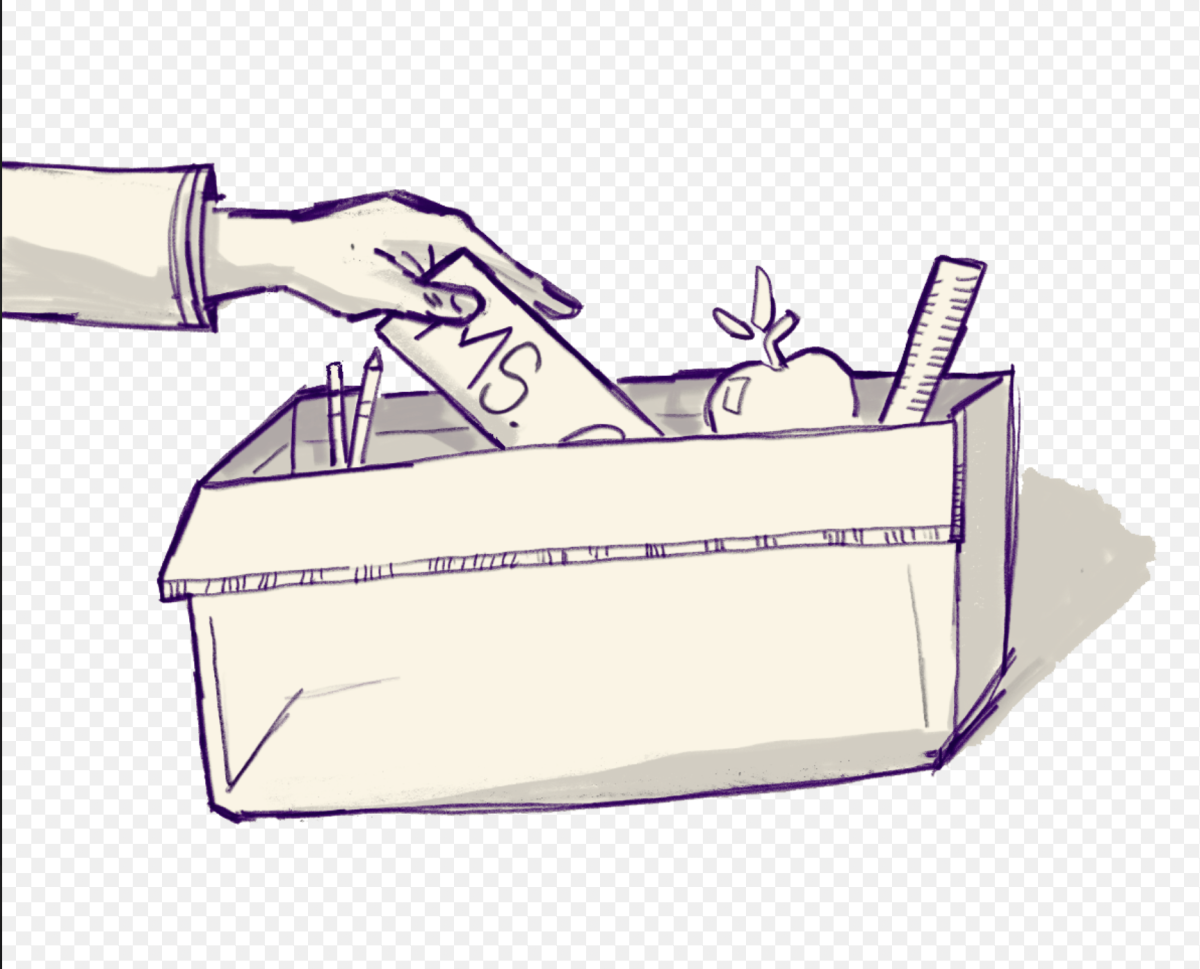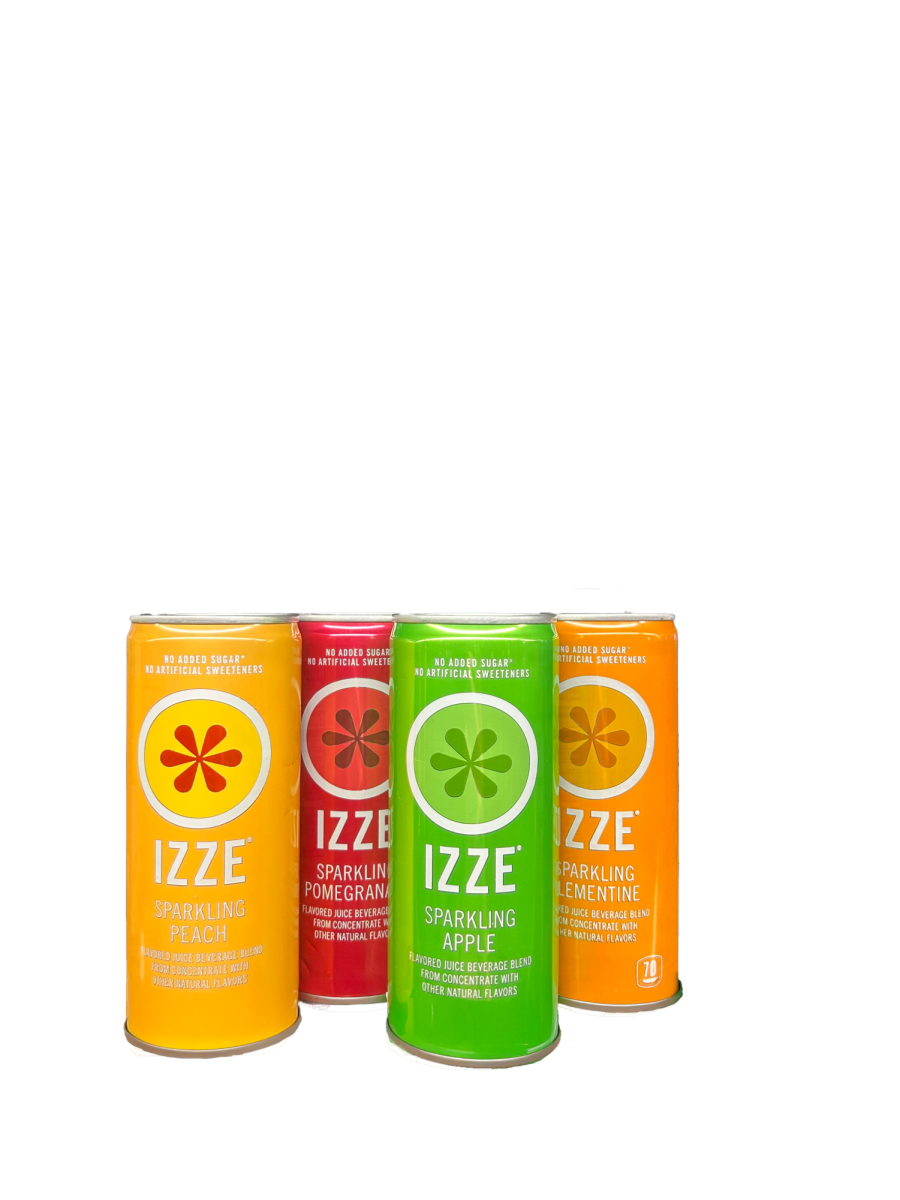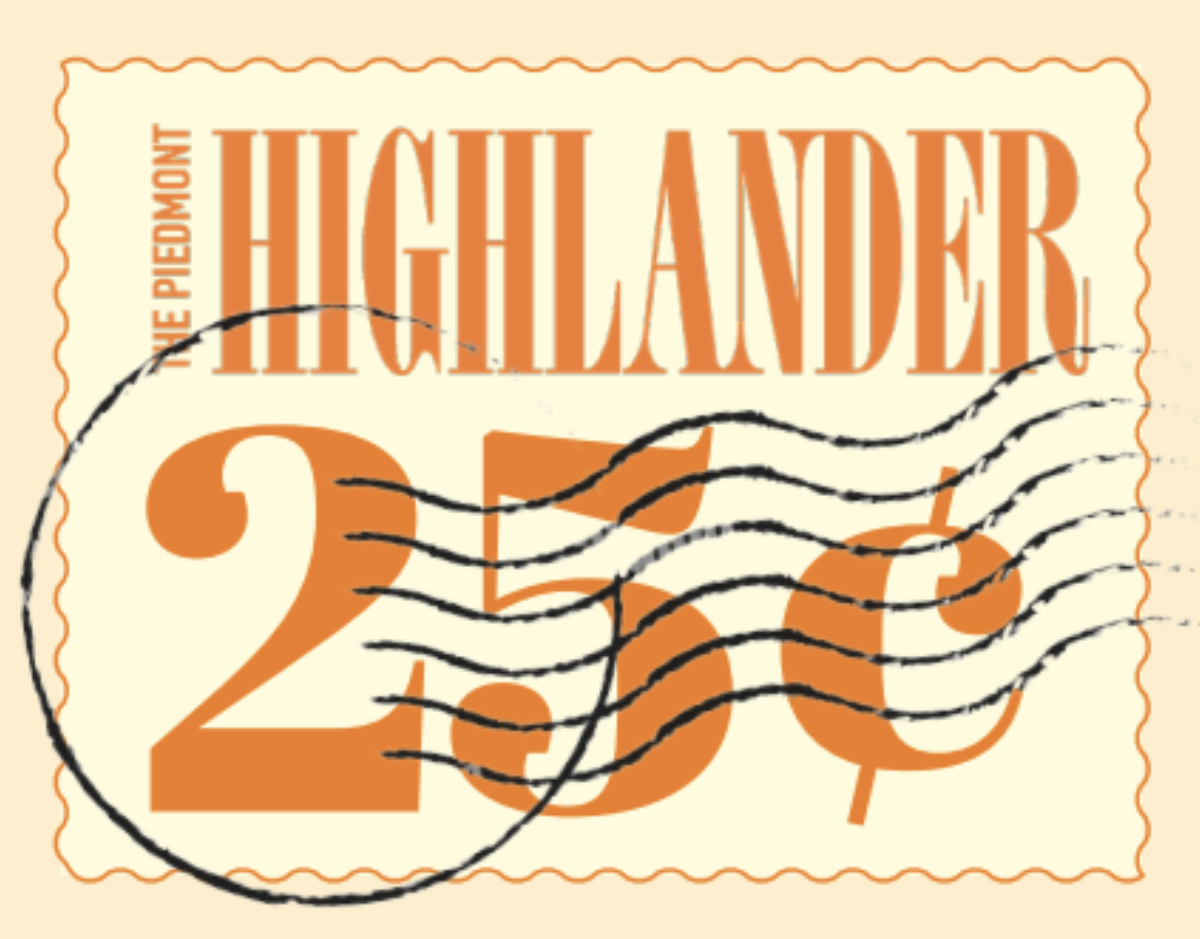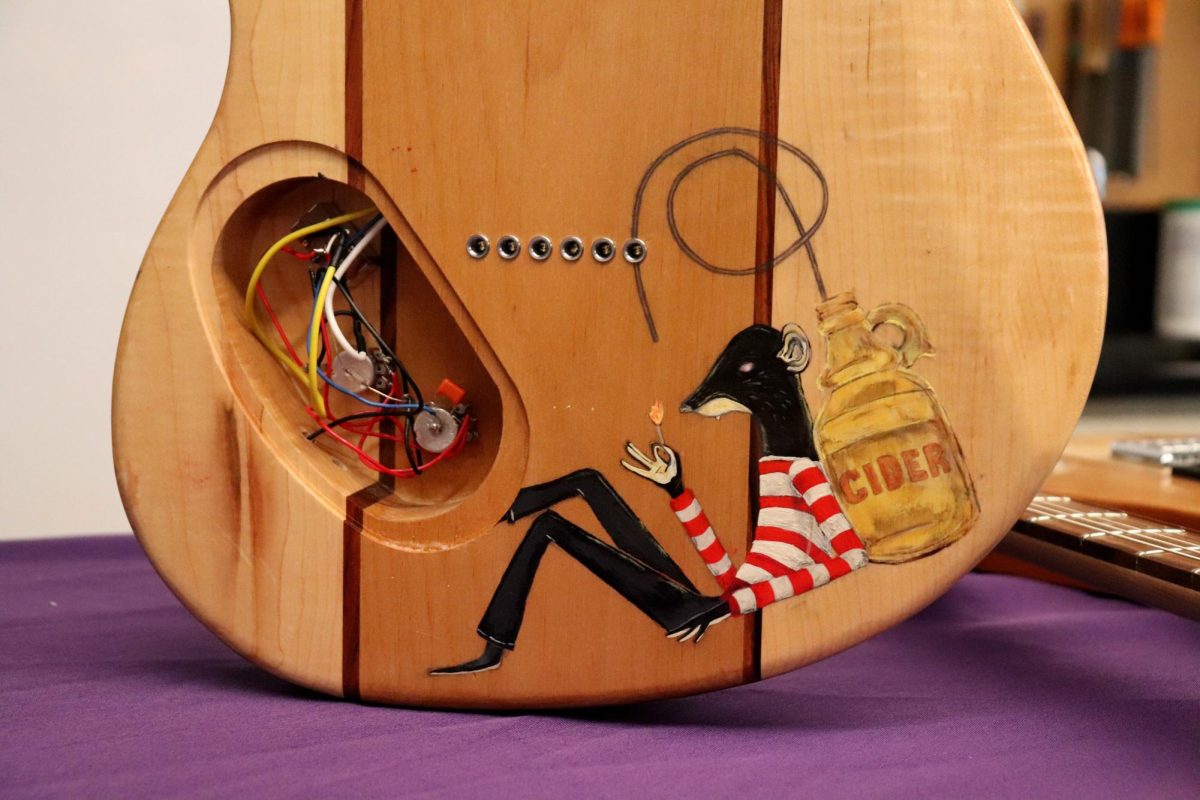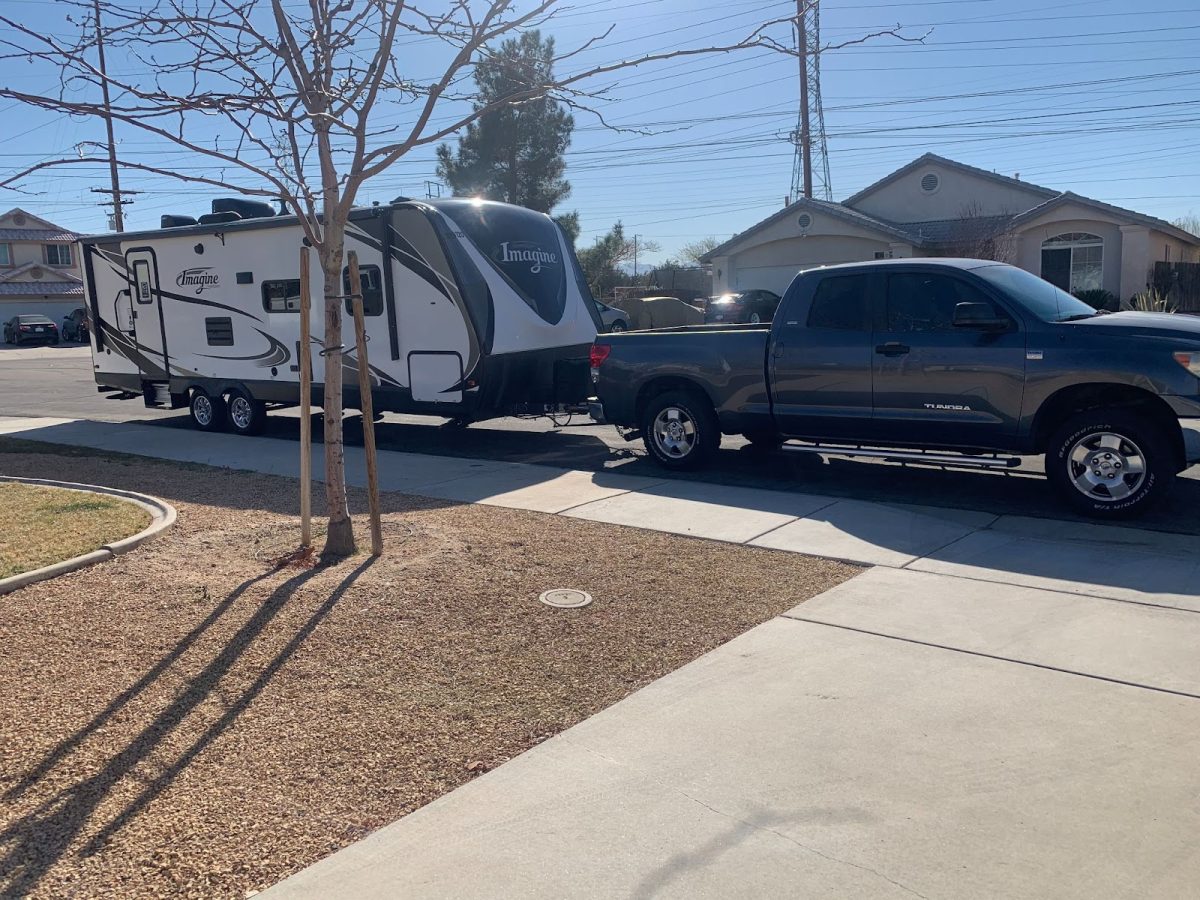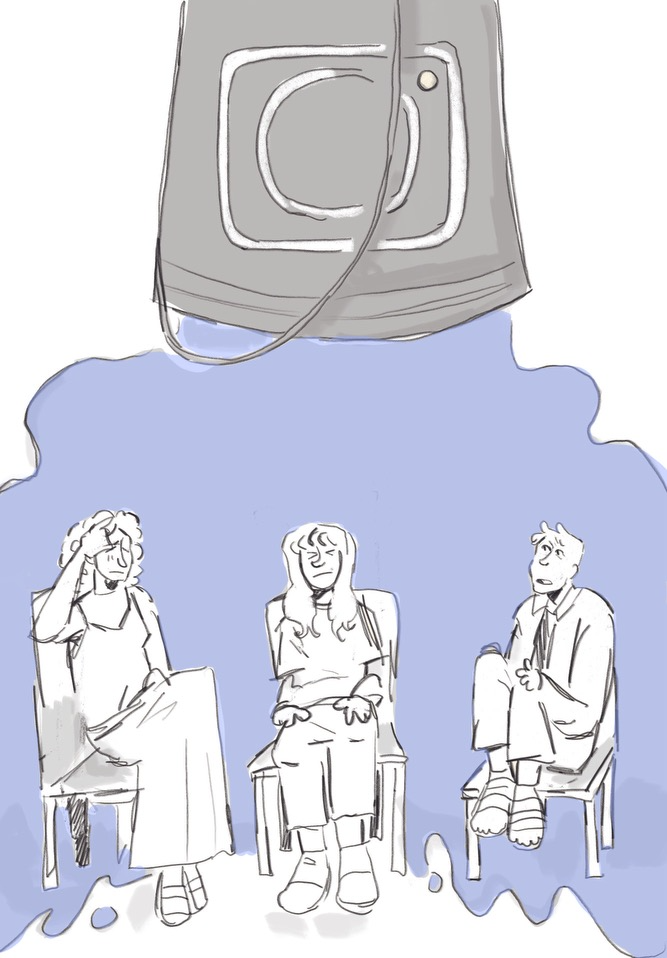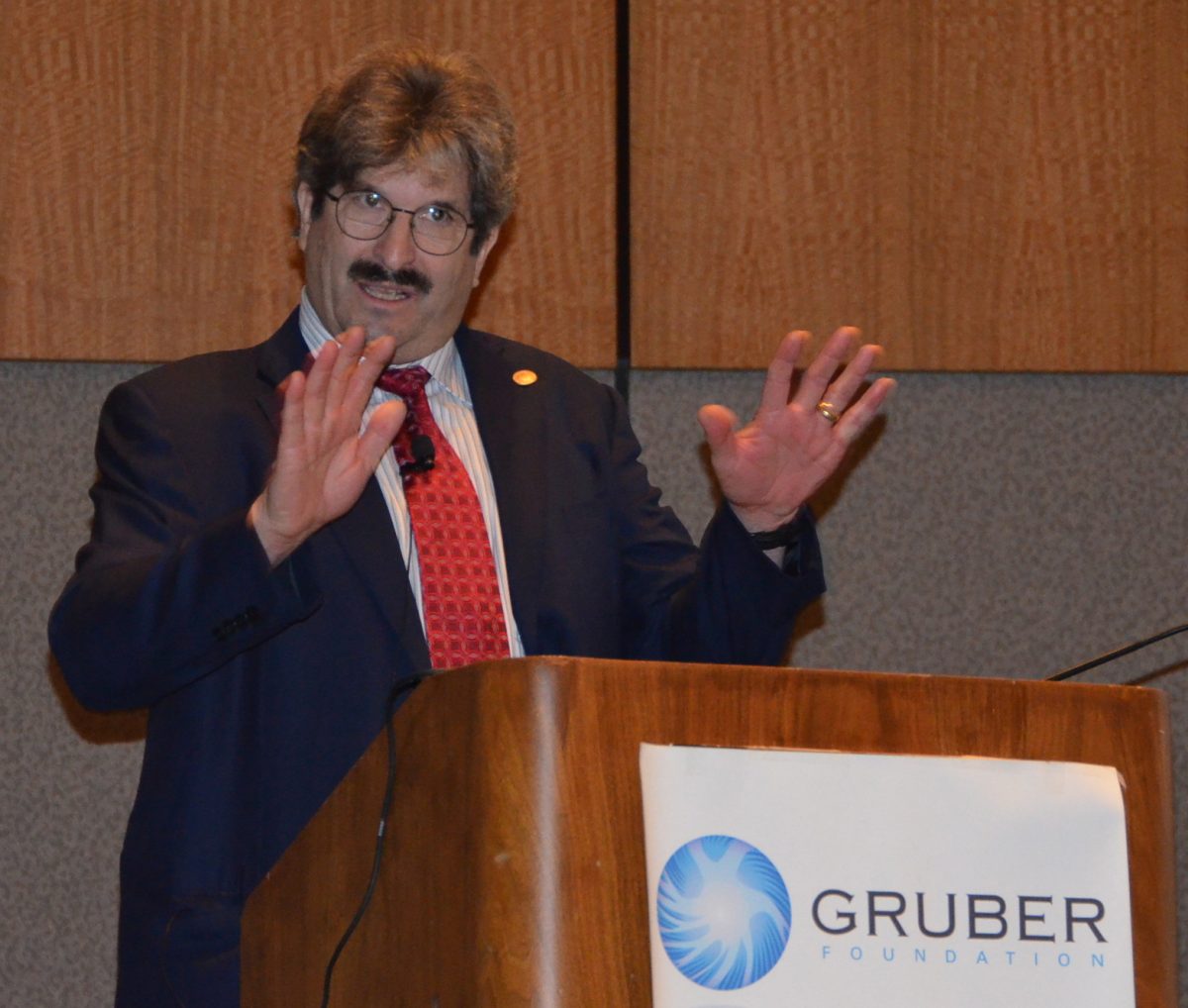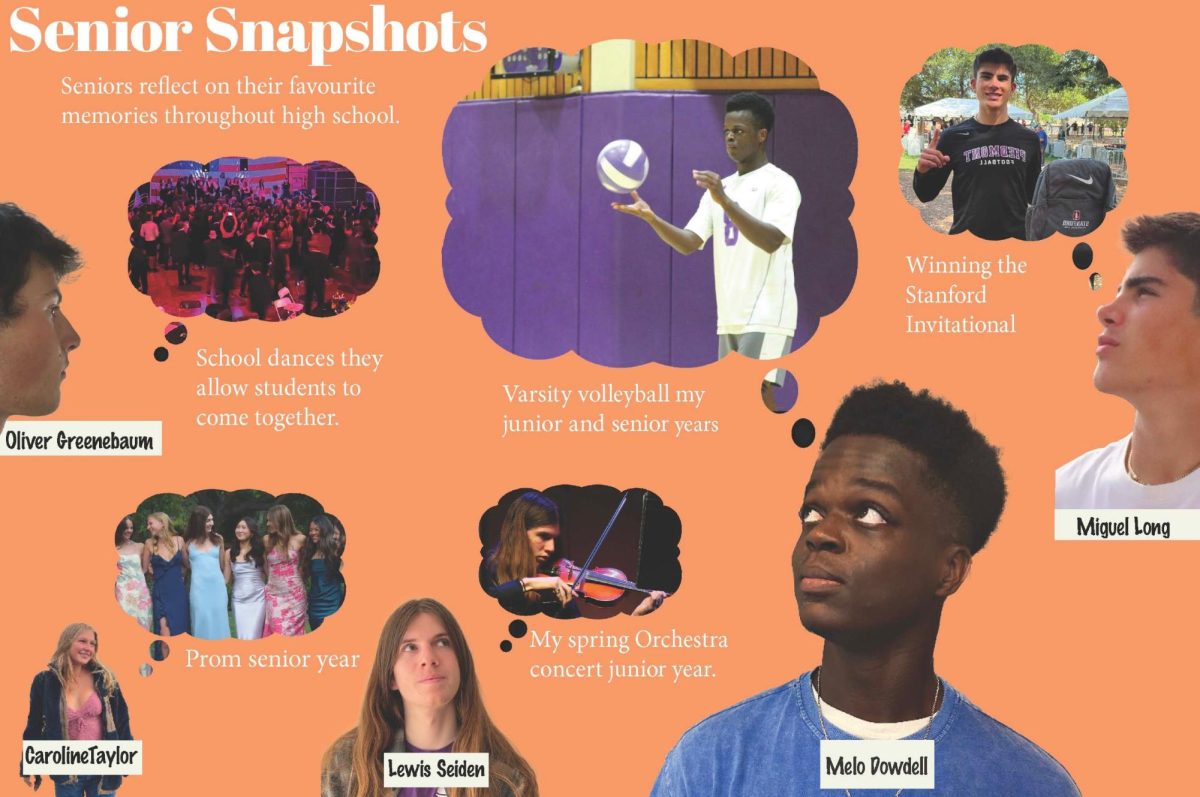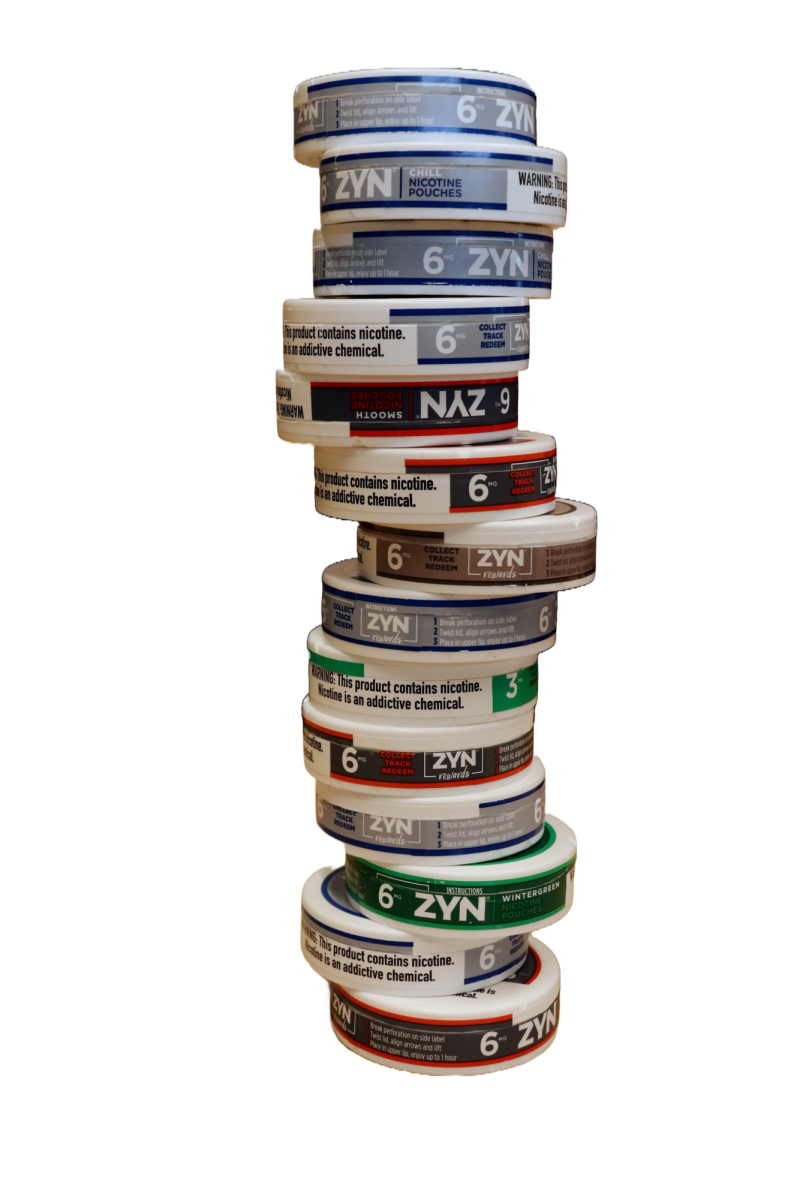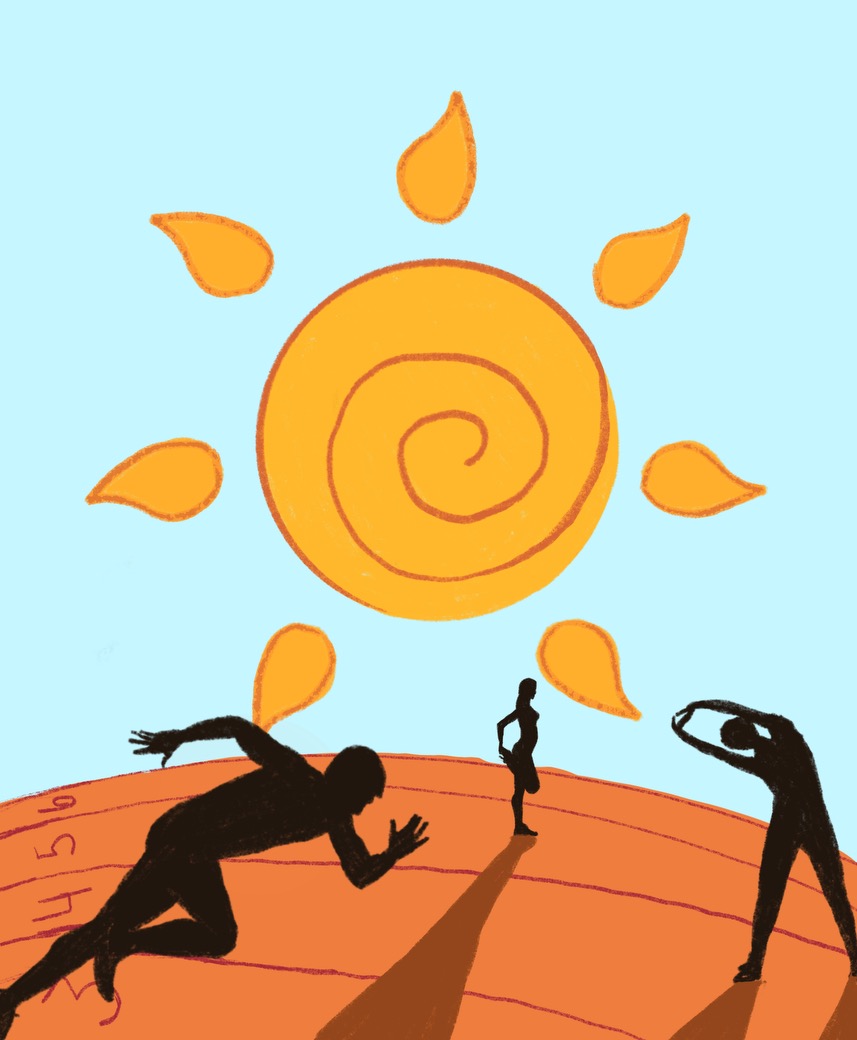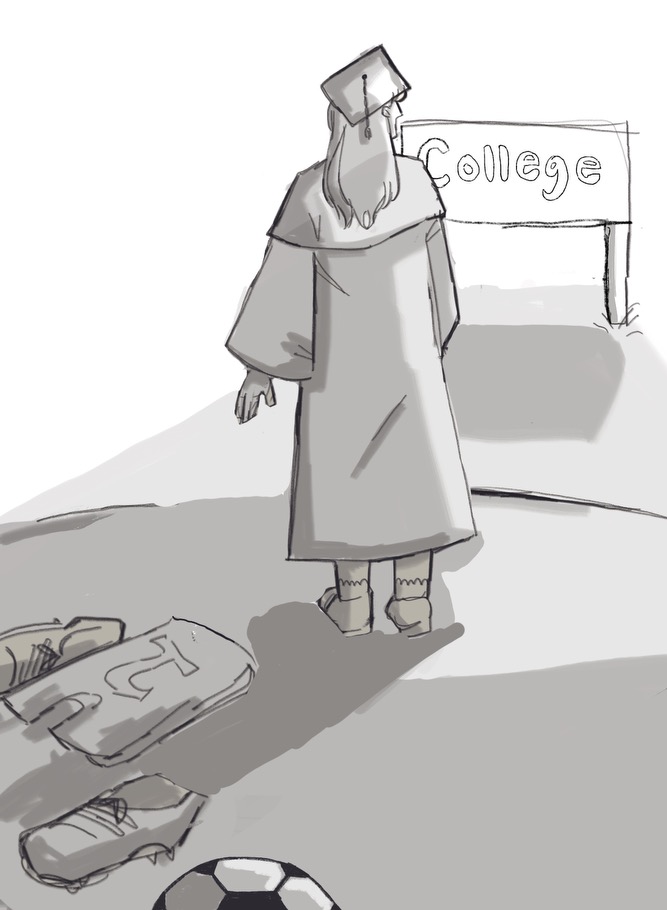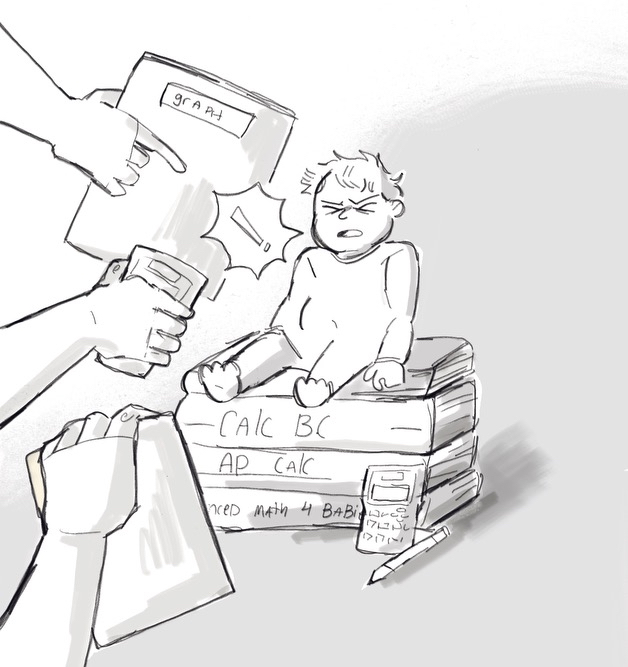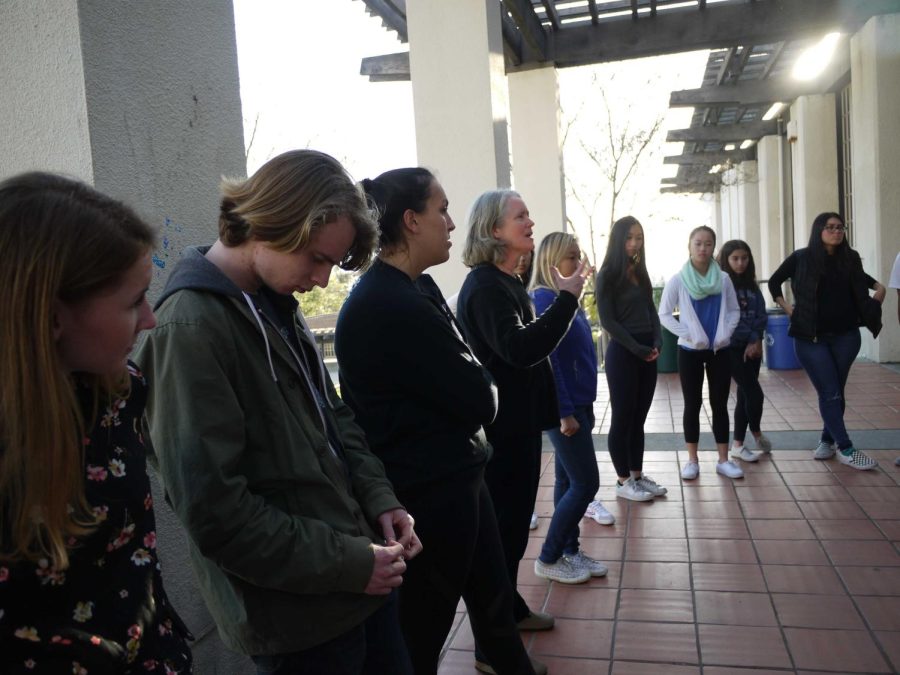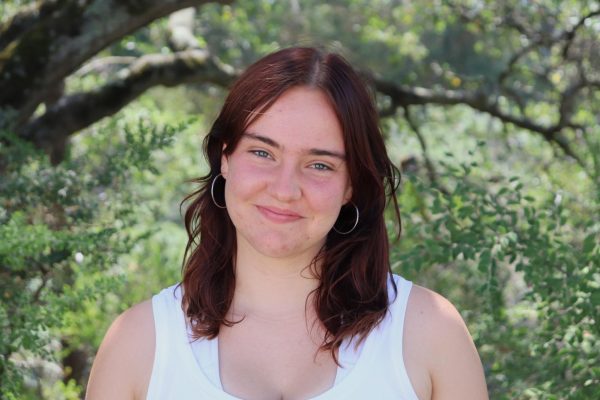Years After YEDs, SLEDs Slides Into Piedmont
Mar 21, 2023
Concerts, indoor dining, small talk, and handshakes are just a few of the memorable experiences that were lost over the course of the pandemic. Piedmont’s Youth Educators (YEDs) was one of many programs that was discontinued after COVID. The 27-year long tradition will be returning to Piedmont in April, with a new look and a new name. Student Led Educators (SLEDs), is spearheaded by juniors Cole Nash and Laurel Bentley. Similarly to YEDs, the program aims to prepare PMS eighth graders for high school.
The SLEDs youth educators will be juniors and seniors from PHS. They will visit eighth grade classes for sessions three Mondays this April. The program will educate students about topics including organizational skills, mental health, relationships, and drugs. According to librarian and Tobacco Use and Prevention Educators (TUPE) advisor Kathryn Levenson, Nash and Bentley first approached her with the idea to start SLEDs back in October.
“We both benefited greatly from YEDs,” Bentley said. “So we wanted to start it back up to help the eighth graders have an easier transition to high school, and also have someone in the high school that they can go to.”
Bentley and Nash plan to assign three upperclassmen SLEDs to each eighth grade class, and sent out an interest form early March. Interest in being a YED has been very high in past years, according to counselor Amanda Carlson, who was a YEDs advisor with math teacher John Hayden during the 2016-17 school year.
“It was a great leadership opportunity for students,” Carlson said. “I think a lot of students felt the importance to go and connect with the eighth graders before they came up here”.
Nash and Bentley said they are optimistic about the program’s popularity.
“We think it’s going to be pretty competitive,” Nash said. “So there’s going to be some sort of system [with] questions you have to answer.”
Nash and Bentley will be accepting applications from juniors and seniors. Nash, Bentley, and Levenson will then go through the responses and determine which responses are strongest and which students are most experience. In previous years, prospective YEDs went through a similar application process.
An element new to the SLEDs program is the connection with TUPE. Both Nash and Bentley are TUPEs. TUPEs will be presented with an opportunity to become SLEDS without applying, as SLEDS was formed as an entity under TUPE originally, according to Levenson.
When Carlson and Hayden took over the curriculum from PHS counselor Ashley English and former PMS counselor Kech Carera in 2016, the curriculum expanded to cover more topics like anxiety and peer pressure in high school.
“For some eighth graders there might be some trepidation [and] anxiety about what high school is going to be like,” Carlson said. “[SLEDS] is just a great bridge”.
Nash and Bentley said they hope to make their own additions to this curriculum, specifically surrounding social and emotional mental health.
“Laurel and I wanted to make the curriculum more personal to what we believe,” Nash said. “I think that by changing the curriculum and the culture a little bit, we’re able to change the name along with it, and move it forward.”
PMS administration allowed Nash and Bentley three academy periods to cover their four main topics: organization, mental and physical health, relationships and social health, and drugs and alcohol. They will present this information via a combination of presentations, breakout groups, and Q&A sessions.
Nash and Bentley visited the middle school on Feb. 13 to receive feedback and approval from PMS administrators on their SLEDS curriculum, which is adapted from the Department of Education.
“The curriculum will constantly get adjusted based on what we might need at Piedmont Middle School, or what we feel like would be better messages coming from peers versus adults,” PMS Principal Karyn Shipp said. Shipp waid she she received, approved, and provided feedback on Nash and Bentley’s curriculum and presentation plans.
According to Shipp, the success of the SLEDs program is dependent on Nash and Bentley’s abilities to lead the high school youth educators in how to peer educate middle schoolers.
“It’s one thing to have these really great ideas, it’s another thing to lead and instruct your peers in those ideas,” Shipp said.
Shipp said she believes that youth education programs are important when well-executed.
“I think often times students come in [to high school] almost feeling like they have to partake in drugs and alcohol, and too many students fall into that middle space, where they just kind of think ‘ok I’ll do this’ or ‘maybe I’ll try this’ because they feel like that’s what everybody’s doing,” Shipp said. “So I think YEDs become a good role model, [telling students] ‘I am that person, I’m giving you factual information and I’m choosing not to do this.’”
Current seniors were the last grade to receive a full year of YEDs education, and juniors had received around four YEDs sessions before school shut down in March 2020 due to the pandemic.
Senior Andres Roberts said that he appreciated the opportunity to hear from high schoolers about their experiences before he entered.
“[The YEDs] helped a little bit with talking about peer pressure, and knowing what to expect when coming into high school,” Roberts said. “I didn’t even know that half of [highschoolers] would try marijuana in their high school experience, which was kind of shocking”.
Nash and Bentley will be holding lunch meetings to prepare SLEDS in late March and early April.
